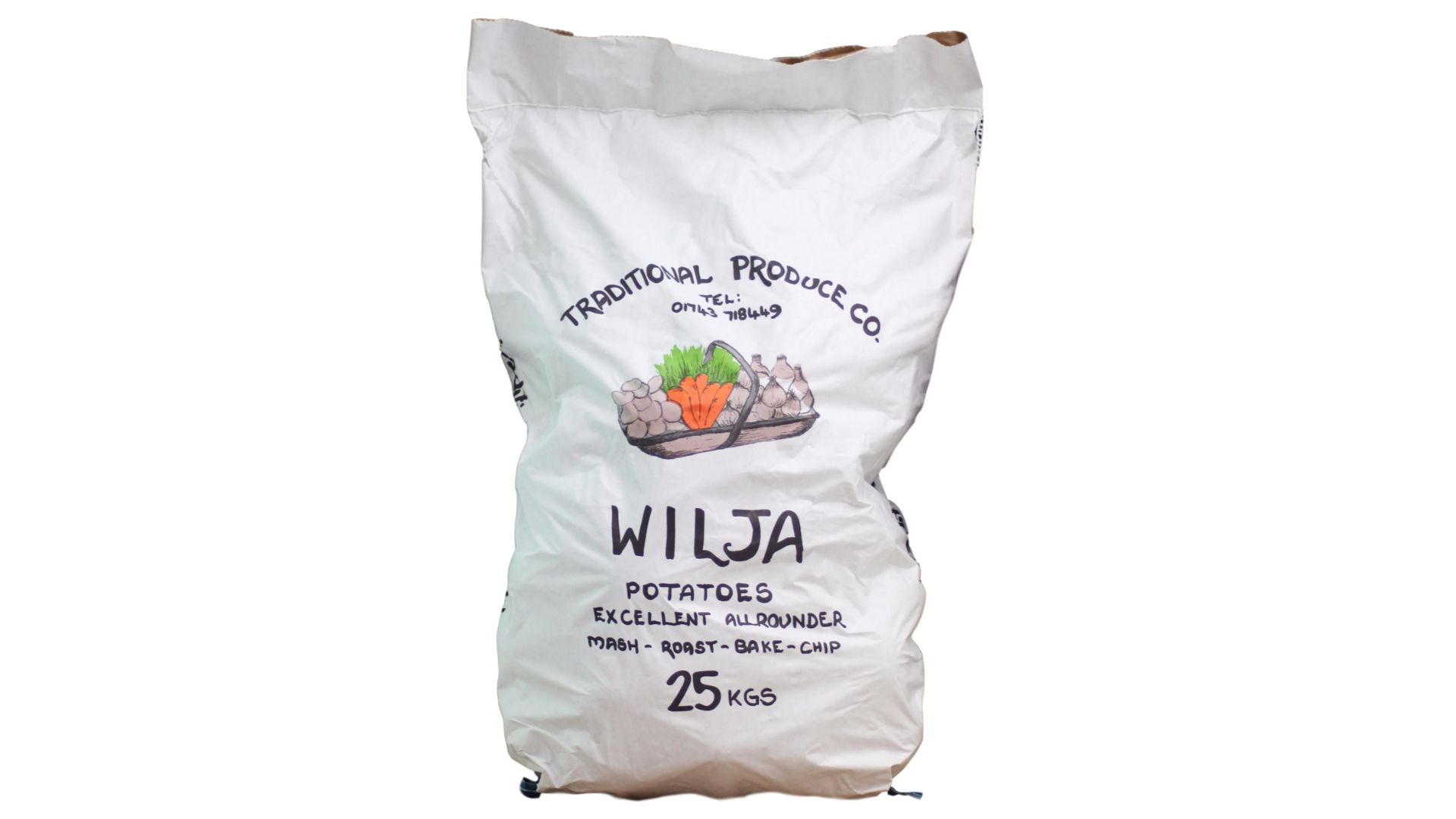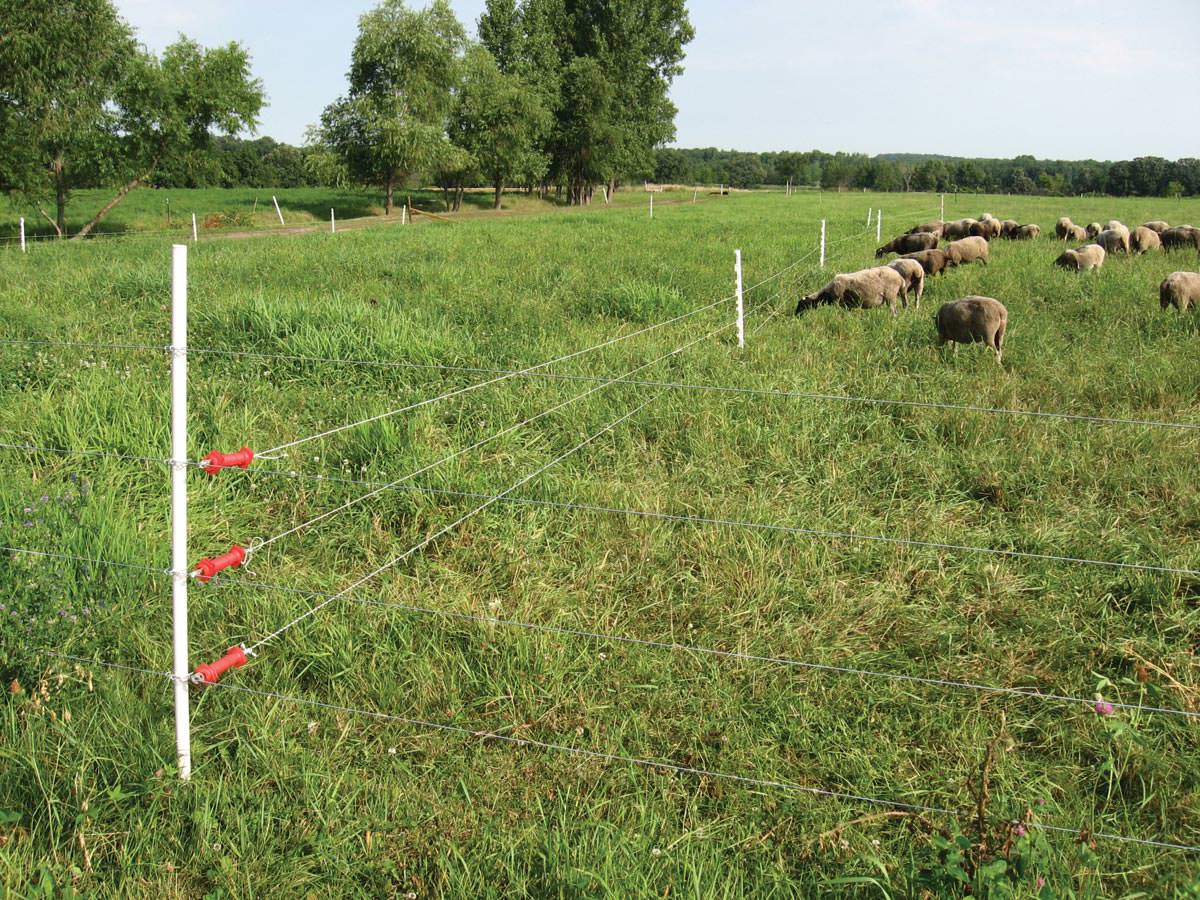As the longest day approaches, late summer seems a long time away but now is the time to get your pest control plans in place.
Late summer is often seen, as the start of the Rat and Mouse control program on many farms, shooting estates, smallholdings, and industrial sites.
The reason for this regime is that, as crops are harvested and the temperature drops a little, those rodents that have set up home in the corn fields, need to move towards buildings and set up home to survive through the bad weather of winter.
There appears to be an earlier and larger problem of rats in the countryside.
This may be due to various reasons, such as a large increase in the feeding of wild birds in gardens, while this is great for our songbird population, any readily available food, is an opportunity to help the rat population rise and flourish. The rise in game holding crops and growing of large scale maize can all help sustain pest growth.
There is a large arsenal of humane control methods, these are all in stock at Cambers, and their trained staff can advise on their use to help you remove those pests .
Whether you are a large estate or farming enterprise, we have a vast range of rodenticides up to 25kg available. However, for those who do not meet the ever-changing criteria, Cambers stock sizes up to 1.5kg.
For other situations the use of either humane quick kill Fenn, Magnum and Kania traps are a great option. The use of humane live catch trap can be an effective solution, and are ideal to see what is about. While the “Goodnature” CO2 operated instant kill, either for indoor or outdoor use (includes an electronic counter), are the latest tool. This trap was developed and used for uninhabited New Zealand islands, and lends itself well to use, where rodenticide use may be inappropriate.
Along with our fantastic range of rodent control, we stock a wide variety of bird deterrents and insect control for both domestic and commercial use. Cambers really has the most comprehensive array of pest control products around!!
Need further advice? Check out the British Pest Control Association (BPCA) website, click here.






